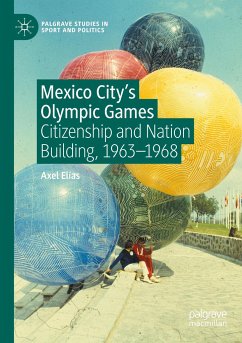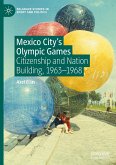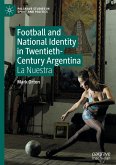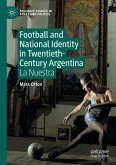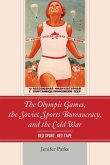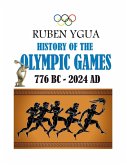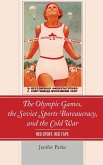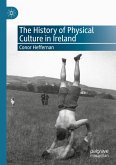This book looks at the 1968 Summer Olympic Games as a complex nation-building project. Sports mega-events have been mostly studied as homogenous government-led strategies, but more work is needed around the diverse reception and performances. The preparation period for the Olympics in Mexico and especially the year 1968 highlight the multiplicity of voices behind these exercises. Beyond the government and associated networks, the citizenry also used this mega-event to present an idea of Mexico to the world and thus reshape citizenship and nationhood. This study takes a bottom-up approach to look at the citizenry's experiences of the 1968 Olympic Games, both the shared nationalistic values and the areas of conflict.
"This book provides important information regarding the 1968 Olympic Games and their significance to Mexican history. Therefore, it will be of interest to any scholar studying the intersection of culture and politics. It also makes an important contribution to the burgeoning field of global sixties studies, as it deals with unique global-local dynamics in one of the most crucial years of the twentieth century." (Shunsuke Matsuo, Hispanic American Historical Review, Vol. 104 (4), November, 2024)

